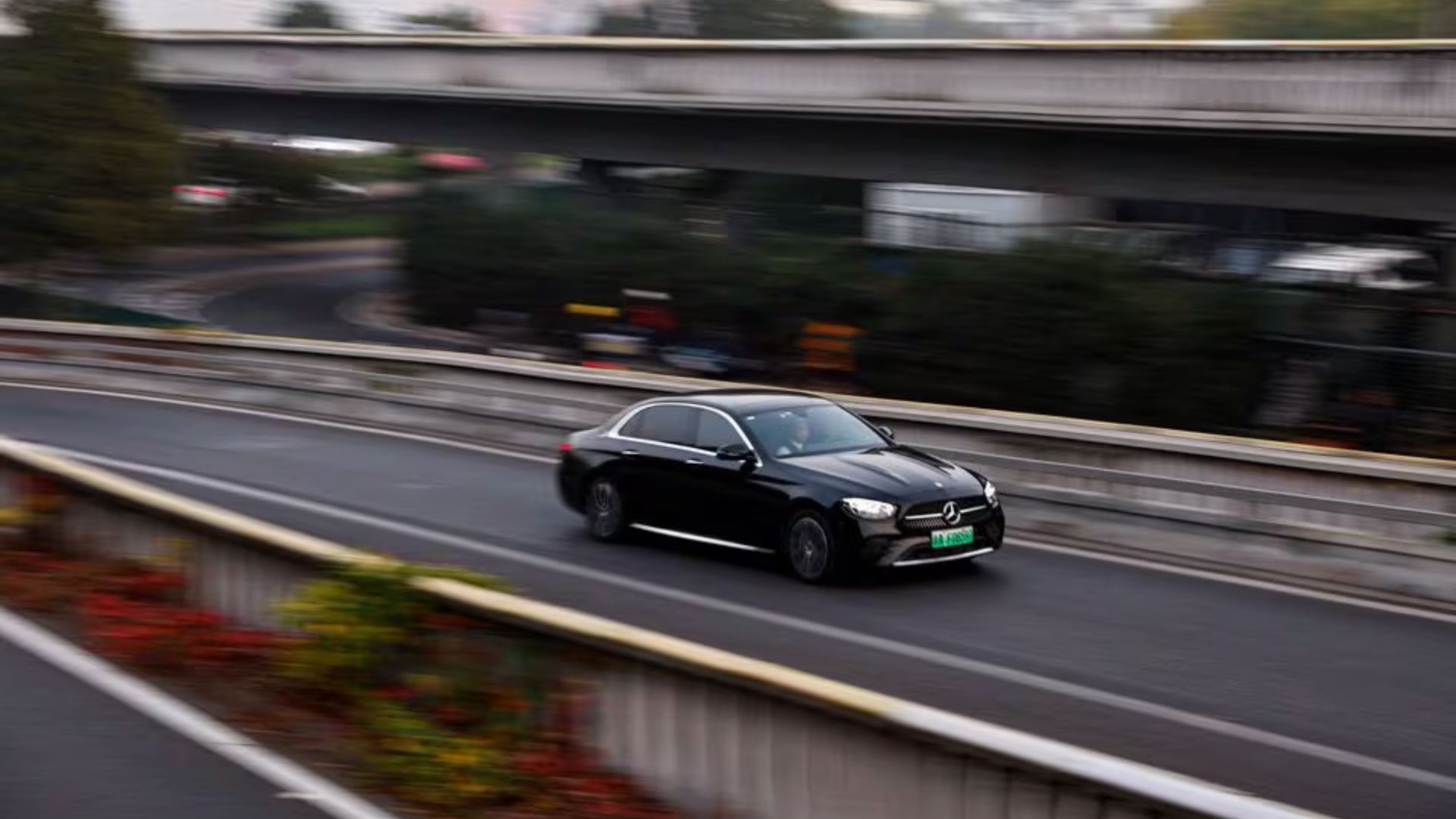(Reuters) – A global slowdown in electric-vehicle demand is rippling through the industry, costing jobs and leading to changes in strategic plans, layoffs and production cuts, suggesting pain in the near term could slow the transition away from gasoline-powered combustion engines.
On Thursday, German luxury carmaker Mercedes toned down expectations on EV demand and said it will update its gasoline-powered engine vehicle lineup well into the next decade.
Mercedes delayed its goal to go all-electric by 2030. Instead, it now says it will retain combustion engines in at least half of its vehicles until then. Previously, it had hedged by saying consumer demand would dictate how soon it went all-electric.
“High interest rates, moderate oil prices, and range anxiety all have conspired against EV demand. The enthusiasm of early adopters of EVs wasn’t representative of the longer-term and broader demand for these vehicles,” said Brian Jacobsen, chief economist at Annex Wealth Management, which does not own shares in any EV makers.
“We expected a reduction in demand and enthusiasm for the vehicles so we didn’t find the valuations compelling,” he added.

“There is a host of macro-level challenges,” Rivian CEO RJ Scaringe told Reuters on Wednesday, adding that high interest rates and geopolitical risks were making consumers price-sensitive.
The situation was previously flagged by Ford, General Motors and market leader Tesla, where CEO Elon Musk’s warning in January of the market leader’s slowing pace of growth slashed $80 billion in market value in one day.

That drumbeat of bad news even has the administration of U.S. President Joe Biden set to propose a softening of limits on tailpipe emissions designed to get more Americans into EVs, sources said.
Earlier this month, Volvo Cars decided to halt investments in Polestar after the money-losing luxury EV offshoot brand missed a 2023 delivery target.
Some industry observers argue that the long-term picture of a transition to EVs remains in place despite any short-term road bumps.
“A slowdown in the growth rate from 45% to something more sustainable is not the disaster the press has been pushing. And interest rates affect all car sales, not just EVs,” said Vitaly Golomb, a Rivian investor and investment banker who focuses on mobility.
“The effect is more pronounced on more expensive vehicles of course and EVs still average higher price,” he added. “Perhaps (automakers) need to emphasize the stark difference in total cost of ownership.”
Reporting by Akash Sriram in Bengaluru Writing by Ben Klayman Editing by Matthew Lewis











